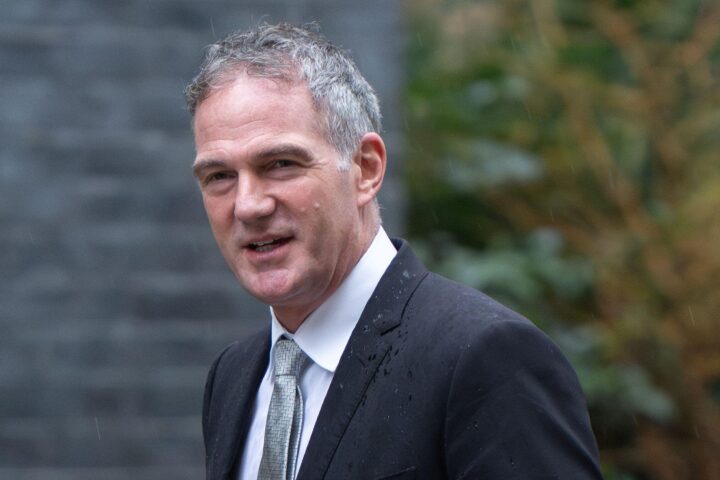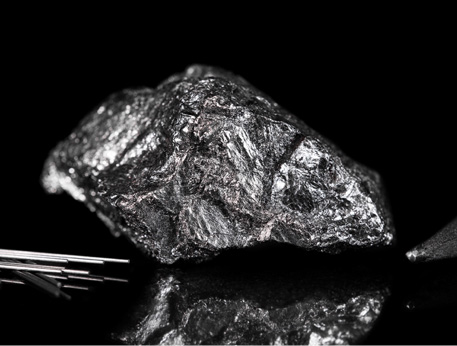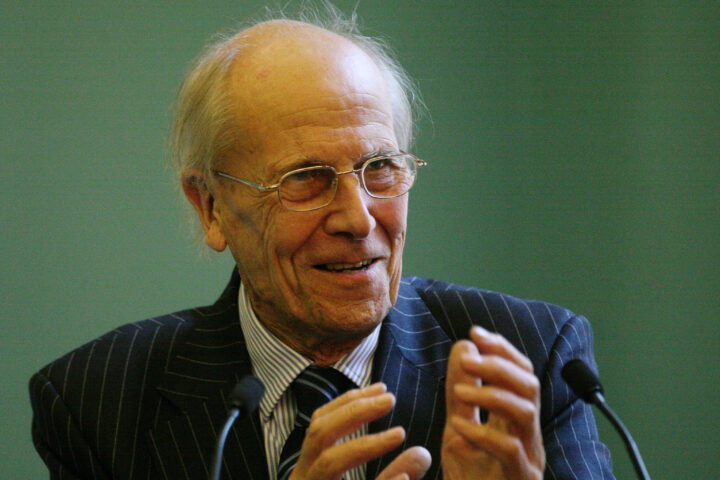Hungary is entering a period of heightened domestic political conflict as economic pressures mount and public discontent deepens. On 25 July, Prime Minister Viktor Orbán publicly rejected the idea of Ukraine’s accession to the EU, warning in a post on social media platform X that it would “bring the war into the heart of Europe” and expose Hungarian families to unnecessary risks. He instead proposed a “strategic cooperation” with Ukraine — pragmatic and interest-based, rather than irreversible integration. “These times require calm judgement, not theatrical threats,” Orbán stated.
His remarks drew immediate backlash from opposition leader Péter Magyar, head of the rising centrist party TISZA, who accused Orbán of acting like “a knife-wielding blackmailer from the suburbs.” Magyar underscored that Russia is the aggressor in the war and warned that Hungary must choose between aligning with democratic allies or sliding toward authoritarian regimes.
Opposition challenges Orbán’s foreign and security stance
Péter Magyar used the moment to challenge Orbán’s longstanding foreign policy, which has often clashed with EU priorities. At a parallel event timed to Orbán’s annual speech in Tusnádfürdő, Magyar argued that Hungary must do more than issue warnings about escalation — it should take an active role in peace efforts. If the United States were to help broker a plan acceptable to Kyiv, he said, Hungary should urge Russia to engage constructively with it.
Magyar pledged that if his party wins the April 2026 parliamentary election, his government will build strong relations with all neighbouring states in the Carpathian Basin and position Hungary as a reliable partner within the EU and NATO. He also vowed to end Hungary’s obstructive tactics in EU institutions, including repeated use of vetoes and threats to derail joint decisions.
Economic crisis undermines Orbán’s power base
The political battle comes amid growing economic turmoil that threatens Orbán’s longstanding hold on power. On 25 July, the Financial Times published an in-depth article questioning whether Hungary’s worsening financial outlook could destabilize Orbán’s rule, citing high debt servicing costs, inflation, and investor flight. The government now spends nearly 5% of GDP on debt interest — the highest in the EU — while consumer prices and housing costs have soared, hitting Orbán’s core voter base hardest.
Hungary is technically in recession, with GDP shrinking by 0.7% in Q3 2024. The 2025 budget deficit has ballooned to over 2.9 trillion forints ($8 billion), and inflation remains among the highest in Europe. Real wages have declined, contributing to widespread pessimism about the country’s economic direction.
The fallout from Russia’s war against Ukraine has deepened Hungary’s energy crisis. The country remains heavily dependent on Russian oil and gas, and the resulting supply disruptions forced Budapest to scramble for alternatives — pushing energy prices higher and fuelling inflation. Yet Orbán has chosen to maintain strong ties to Moscow, keeping Hungary reliant on Russian hydrocarbons despite strategic risks.
EU funding freeze and geopolitical isolation intensify pressure
Hungary’s frictions with the European Union have further complicated its economic outlook. Brussels has frozen over €6.3 billion in funding due to concerns over rule-of-law violations, corruption, and anti-democratic practices. Access to these funds is critical for public investments and social programmes, but unlocking them would require Orbán to reverse many policies that define his political brand.
The government has courted major Chinese investments, particularly in battery production, but declining demand and export constraints to Western Europe have limited their impact. At the same time, Hungary’s threats to block EU budget decisions and Ukraine-related aid packages have eroded trust in Budapest and deterred foreign investors.
As Hungary’s geopolitical alignment remains uncertain, pressure is mounting from both domestic and international actors for a strategic shift. Péter Magyar’s rise signals a growing appetite for a more predictable, pro-European course — one that could reset Hungary’s role in the region and in the EU.















